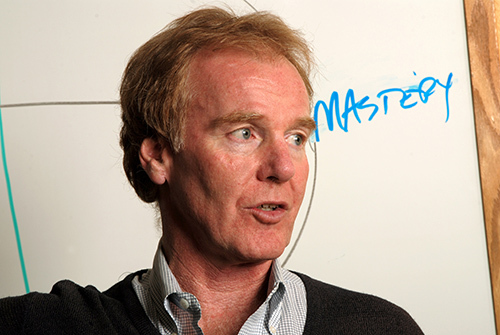
בראשי IB הוועידה עולמית בהאג, דיברתי עם פיטר מיטות, המומחה הנודע על מערכות, ניהול למידה עסק, ומרצה בכיר ב- MIT. ספר רב מכר, החמישית המשמעת: האמנות והמעשה של הארגון הלומד, teaches companies how to be smarter by fostering aspiration, developing reflective conversation and understanding complexity. בראיון שאחרי, he discusses the differences between learning systems in business and education, and why he thinks right now we are having an “Education Renaissance.” He also offers summaries of his innovative educational systems and some successful learning strategies for the 21st century, כמו נטישת בדיקות ודרישות מונוליטי, הכרה בכך שיש הרבה סוגים שונים של לומדים, ותכנית IB. בנוסף, הוא מסתכל על חלק מהמכשולים ביצירת שינוי חדשני. הסנגור ל “במרכז למידה” בתי ספר נותן טלטלה לחינוך חשוב כמו אחד שנתן לעסק עם החמישית המשמעת.
איך אתה מגדיר למידה “מַעֲרֶכֶת”? איך אתה רואה את ההבדלים העיקריים בין מערכות חשיבה לעסקים וחינוך?
ההבדל הברור מתחיל עם המטרות. בעסקים, you are trying to achieve a business mission that involves serving some particular customer. בחינוך, you are trying to grow people. This also involves the aim of serving a “customer” but in many ways the customer is a bad metaphor used too casually in education, because the students are both the “receivers” and the co-creators of learning. But mostly, they need to be seen as the co-creators. Learning occurs when learners learn. So this is not simply a matter of professionals (i.e. מורים) producing a particular type of product (תלמידים). It is a joint process of exploration and mutual development.
A common element that connects both business and education is the need to grow an organizational climate or culture that supports ongoing collaboration, risk-taking, and a deep sense of purpose and commitment. So in this particular way, leadership is quite similar in education as in business. What I always remind people is the single biggest difference from a leadership standpoint is the complexity of the school — in particular the complexity of the stakeholder environment. Businesses have no stakeholder analogous to a parent. Parents have a profound commitment to school because they have a deep commitment to the well-being and growth of their children. But what also comes along with that is the potential for fear and avoidance of taking risks that could adversely influence my child. לבסוף, the political context of education is very different, especially in public education. But for all education, there is a degree of visibility that goes with how we educate kids that is quite different than in business.
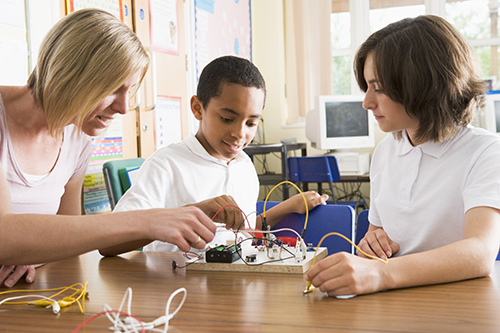
How can we also avoid the traps of treating education as a business when the product needs to be human beings who can lead satisfying lives?
I think the simple response is we have to keep remembering our purpose. In education it is to grow people and to help society evolve. There are these two fundamentally different but related purposes in education: benefiting students and benefiting the future of our society. Education is the only institution in society that has a 50 ל 70 אופק זמן שנה. It has the strongest פוטנציאל to influence the future, just as business has the greatest power in the present. But no business has a time horizon of this scope and the potential to have the sort of impact on society that education does.
What school systems or schools are you familiar with that have established a collaborative inclusive learning organization? What are the key measures of success they have shown?
Within the SoL Education Partnership, there are now 15-20 school districts with close to about 1000 schools all together. When you visit these schools, you’ll see a profound shift in the climate, from the classroom to the school as a whole. Teachers and students learning together. A real appreciation for the leadership of students in the ongoing process of transforming education, ongoing inquiry, reflection and innovation in pedagogy. בקיצור, these schools really do create learning environments.
The very first thing you notice when you consider the consequences of this effort is deep engagement by teachers and students. Teachers are learning, the students are learning. The two are connected because they’re both contributing to an overall environment of continuous learning. שנית, you see the depth of the learning. היום, there is way too much emphasis on superficial mastery of technique rather than deeper learning, for example in the sciences and mathematics. לבסוף, you start to notice a more inclusive reach to very diverse learners. Because there is a strong emphasis on visual thinking skills, especially at the early ages, learners who are operating in a language that is not their native language do not find themselves in the same disadvantage as in the classroom emphasizing only verbal skillfulness.
Perhaps the greatest single outcome is the growing evidence that the whole systems approach connects very deeply with the intuitive systems thinking capabilities of all children. לדוגמא, the many learners who struggle with the traditional pedagogy and the traditional cultural bias towards certain types of learning (like verbal facility and rapid deductive reasoning) are no longer disadvantaged in an environment that is focused on relationships and processes of change.
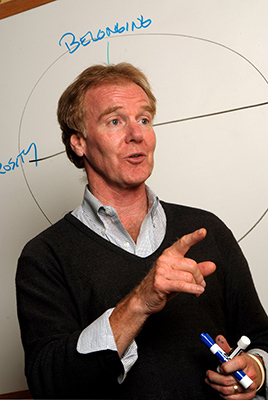
What is different about learning outcomes needed for the 21st century versus the 20th century in terms of the key competencies required? How do you see the key competencies required of teachers to enable this?
The key differences in competencies I believe lay in the depth of understanding; ההערכה של תלות הדדית ושיתוף פעולה; וראש חיבור מחדש, heart and hand. Children need to come to a deep confidence that they can learn, that they can solve complex problems and that they can do this together. The problems we face in our societies – from global problems with like climate change to more local ones like inequity and loss of purpose and connection to one another – are beyond the reach of existing institutions and their reliance on hierarchical authority. People need to collaborate to solve these problems and this is where students need to build new competencies. Fostering this collaborative learning of how to face the challenges that mean the most to us will require teachers who are engaged in building the same competencies. We teach who we are not just what we know. Teachers who are used to working in silos and standing and delivering the curriculum will be unable to meet the needs of today’s learners. This is why leadership, like principals who build school cultures of collaboration and risk taking, is so important.
What do you see as the most concerning shortcomings of the 21st century learning environment? How can teachers and students work to counteract these shortcomings?
Fragmentation and excessive individual competition destroy the natural spirit of learners who truly want to learn. Over a very long time, school has become a place of performing for a teacher’s approval, or scoring on the test. This was never conducive to learning and it is less credible for students who no longer expect teachers to be the font of all knowledge, since they have access to so much information on their own, but really need teachers who join the learning process with them, as guides and co-learners. Fragmentation can only be overcome by an education process that is deeply rooted in the interconnectedness of knowledge, רק תחרות מוגזמת כפי שניתן להתגבר רק על ידי בניית תרבויות שאיזון בריא יותר בין למידה האישית וקולקטיבית.
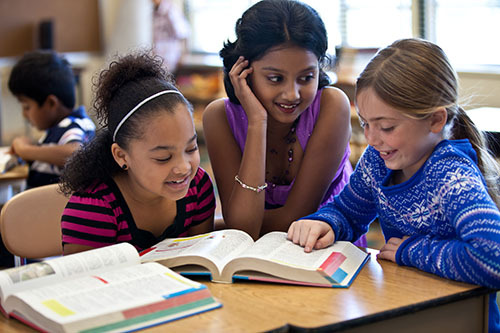
מה יהיה החזון האידיאלי שלך לחינוך ב 2030?
כי מגוון רחב של בתי ספר תואם את מגוון רחב של לומדים. We all learn in different ways and a truly learning-centered school (versus a teaching-centered school) will be able to serve many types of learners. Such a school would also be far more embedded in the larger community, so that parents and family are deeply connected as well to the learning process – תלמידים, teachers and community members building more healthy communities.
How do you see the strengths of the IB curriculum and learning system in this regard?
IB has an extraordinary infrastructure to support learning across cultures and contexts. Guided by a shared philosophy of learning as deep human development, IB could be a world leader in continually testing out new ideas and accelerating the spread of fundamental innovations like systems education. Without a good network for testing and diffusing ideas like this that have so much promise, they will never get refined and grow. There is no one answer to what is needed for the future of education. מה שדרוש ביותר הוא קהילות של שיתוף פעולה לחקור בקפדנות את שטחה של למידה עמוקה יותר שיכול באמת לשרת את צרכי החברתיים הבסיסיים ביותר שלנו. My feeling is that the IB network is already stepping into this space.
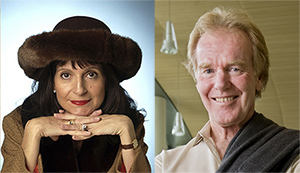
(All photos are courtesy of Peter Senge and the IB Organization)
הצטרף אליי ולמנהיגי מחשבה מוכרת בעולם כולל סר מייקל ברבר (בריטניה), DR. מיכאל בלוק (ארה"ב), DR. ליאון בוטשטיין (ארה"ב), פרופסור קליי כריסטנסן (ארה"ב), DR. לינדה דרלינג-Hammond (ארה"ב), DR. MadhavChavan (הודו), פרופ 'מיכאל Fullan (קנדה), פרופ 'הווארד גרדנר (ארה"ב), פרופ 'אנדי הארגריבס (ארה"ב), פרופ 'איבון הלמן (הולנד), פרופ 'קריסטין Helstad (נורווגיה), ז'אן הנדריקסון (ארה"ב), פרופ 'רוז Hipkins (ניו זילנד), פרופ 'קורנליה הוגלנד (קנדה), הכבוד ג'ף ג'ונסון (קנדה), גברת. שנטל קאופמן (בלגיה), DR. EijaKauppinen (פינלנד), מזכיר המדינה TapioKosunen (פינלנד), פרופ 'דומיניק לפונטיין (בלגיה), פרופ 'יו לאודר (בריטניה), לורד קן מקדונלד (בריטניה), פרופ 'ג'ף מאסטרס (אוסטרליה), פרופ 'בארי McGaw (אוסטרליה), שיב נדאר (הודו), פרופ 'R. נטריגין (הודו), DR. PAK NG (סינגפור), DR. דניז אפיפיור (ארה"ב), שרידהר ךאג'גופלן (הודו), DR. דיאן ראוויטש (ארה"ב), ריצ'רד וילסון ריילי (ארה"ב), סר קן רובינסון (בריטניה), פרופ Pasi Sahlberg (פינלנד), פרופ Manabu סאטו (יפן), אנדריאס שלייכר (PISA, OECD), DR. אנתוני סלדון (בריטניה), DR. דוד שפר (ארה"ב), DR. קירסטן Immersive Are (נורווגיה), קנצלר סטיבן ספאן (ארה"ב), איב Theze (LyceeFrancais ארה"ב), פרופ 'צ'רלס Ungerleider (קנדה), פרופ 'טוני וגנר (ארה"ב), סר דייוויד ווטסון (בריטניה), פרופסור דילן Wiliam (בריטניה), DR. מארק Wormald (בריטניה), פרופ 'תיאו Wubbels (הולנד), פרופ 'מייקל יאנג (בריטניה), ופרופ 'Minxuan ג'אנג (סין) כפי שהם לחקור שאלות חינוך תמונה הגדולות שכל המדינות מתמודדות היום.
גלובל החיפוש לחינוך עמוד קהילה
C. M. רובין הוא המחבר שתי סדרות מקוונות רבים קוראות שלהיא קיבלה 2011 הפרס אפטון סינקלר, “גלובל החיפוש לחינוך” ו “איך וויל אנחנו קראו?” היא גם מחברם של שלושה ספרים רבי מכר, כולל אליס בארץ הפלאות Real, הוא המוציא לאור של CMRubinWorld, והוא משבש קרן עמית.
עקוב C. M. רובין בטוויטר: www.twitter.com/@cmrubinworld


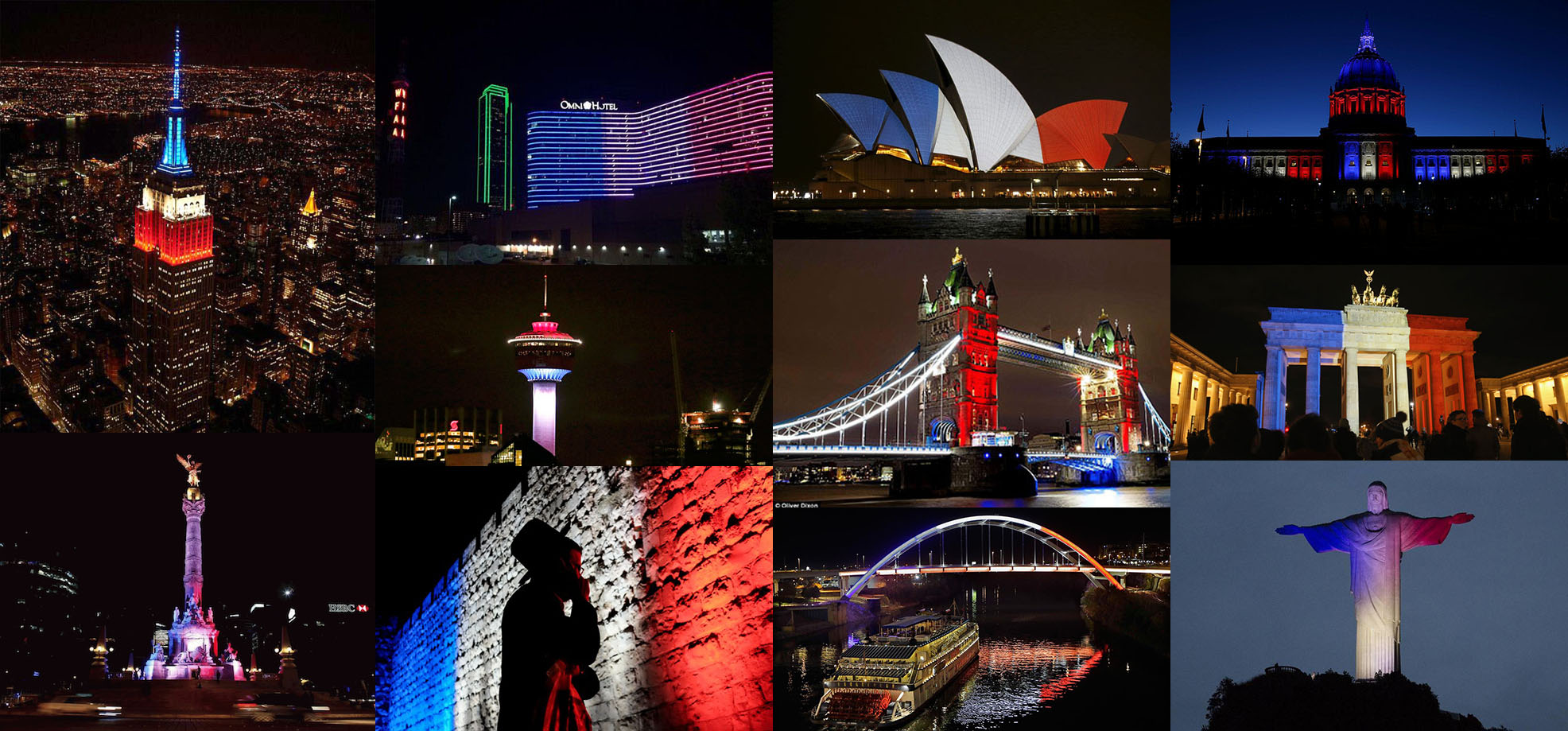
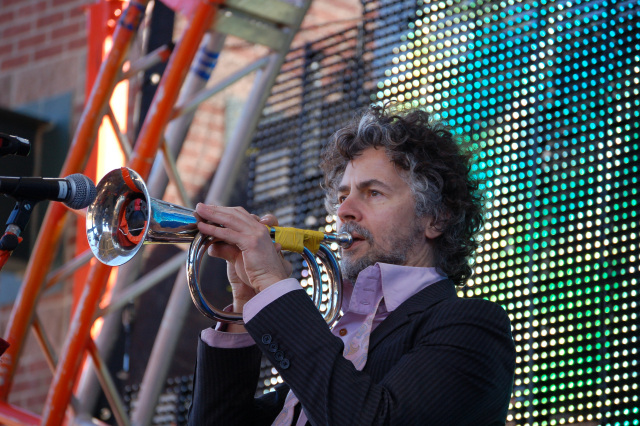

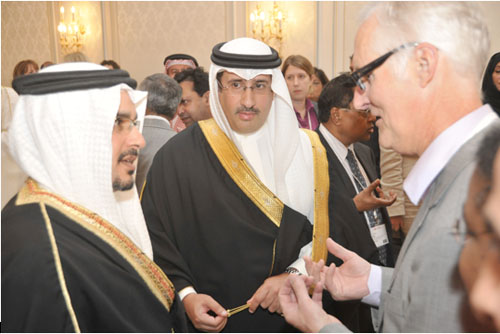
תגובות אחרונות